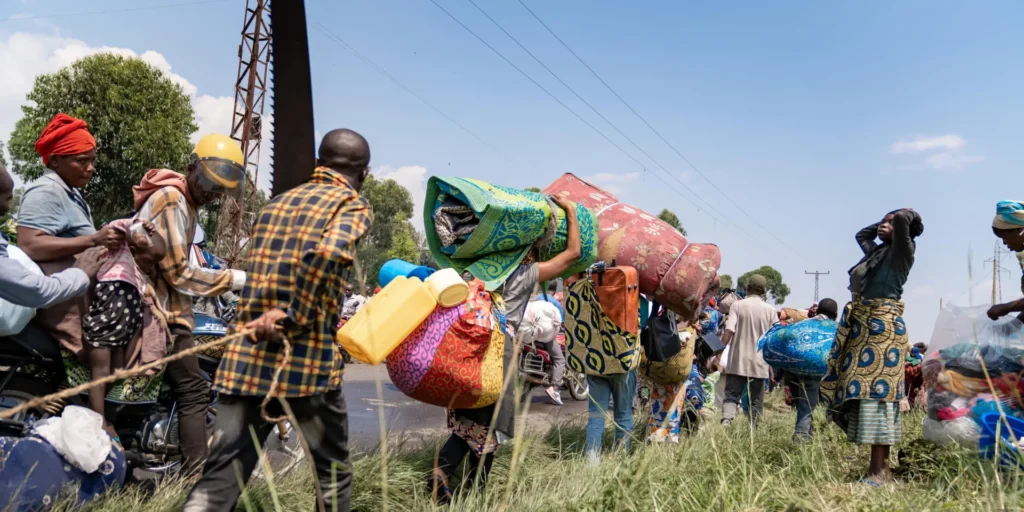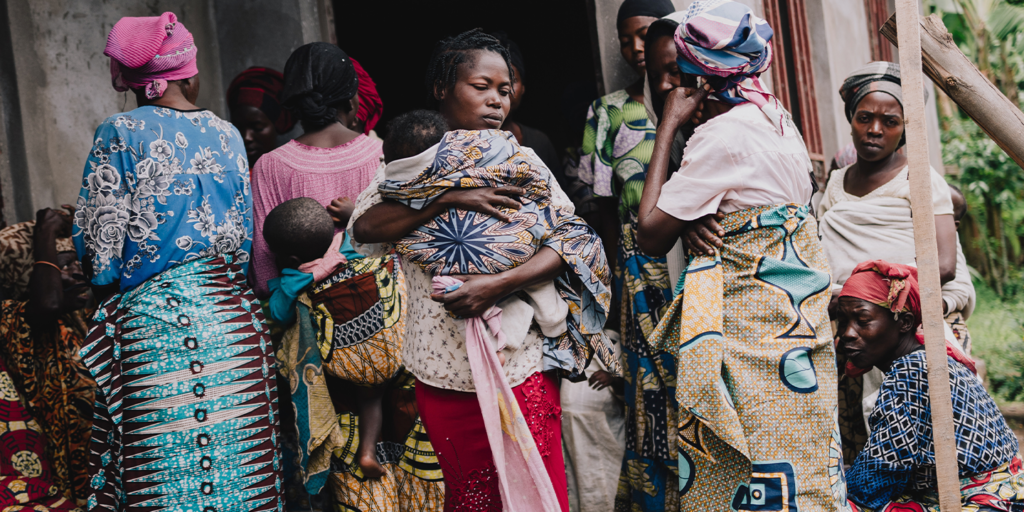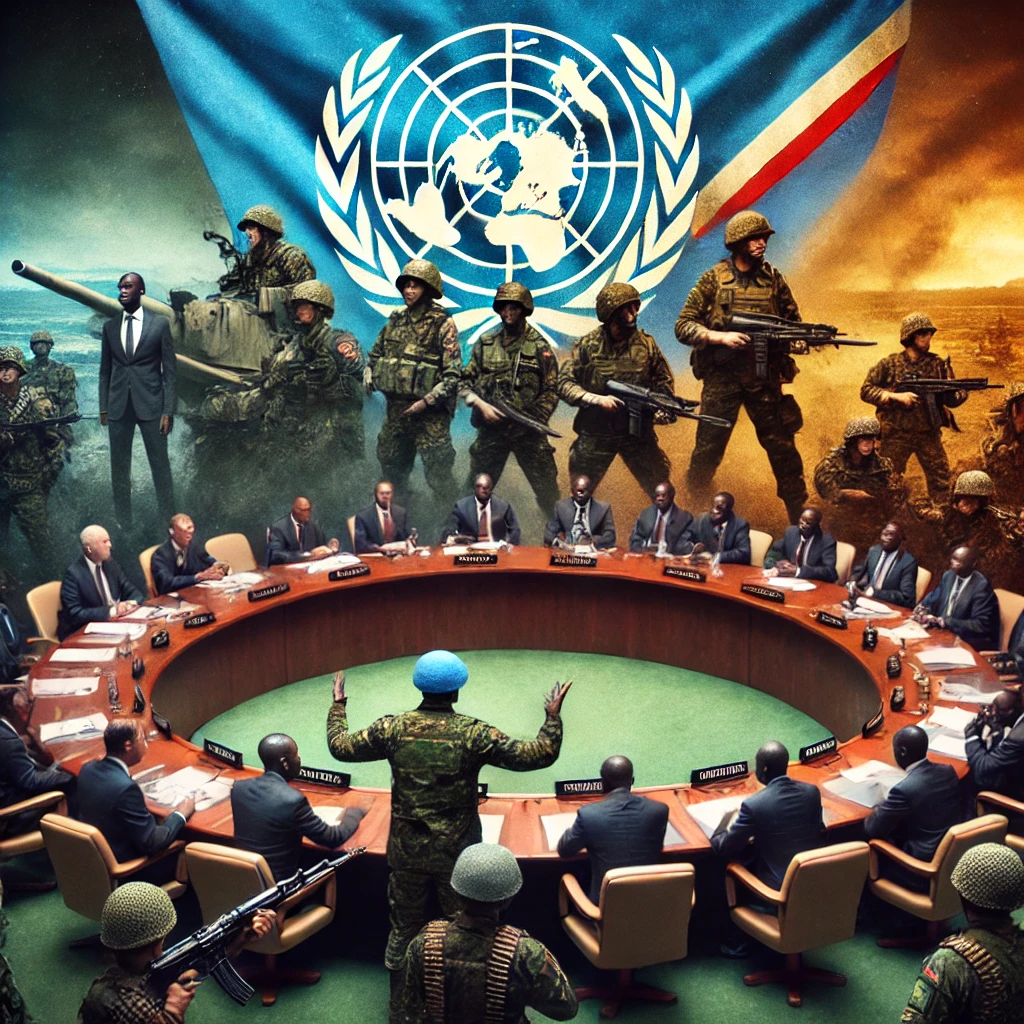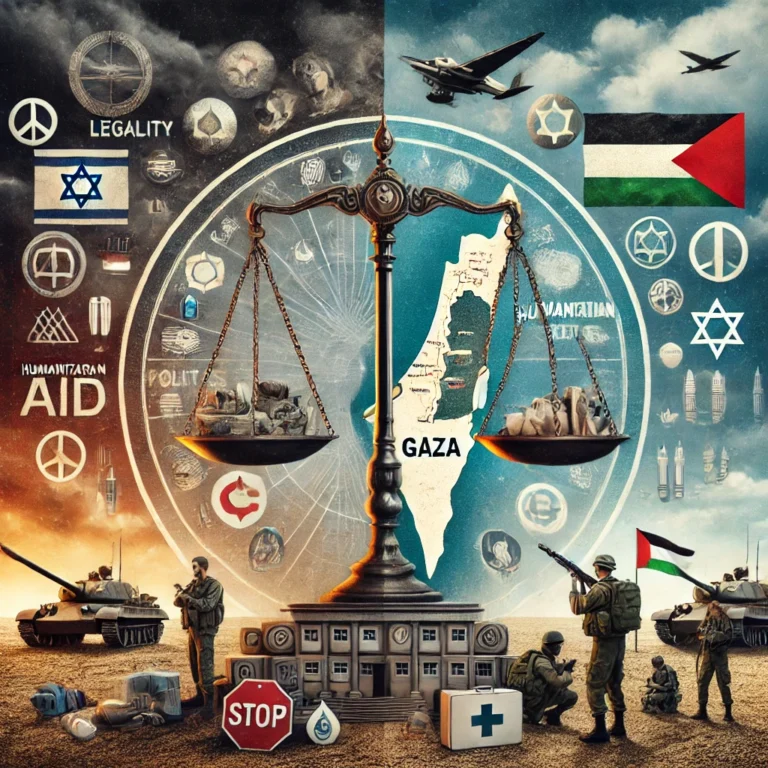Assessing the Legality of the Ongoing Armed Conflict in the DR Congo: Violations of the United Nations Charter Prohibition on the Use of Force
Introduction
The Democratic Republic of the Congo (DRC) has been embroiled in a prolonged armed conflict for many years. Both state and non-state actors have perpetrated violent acts, resulting in significant suffering, displacement, and loss of life among the civilian population. This situation poses serious legal dilemmas, particularly in light of the United Nations (UN) Charter, which prohibits the use of force. This assessment evaluates the ongoing violence in the DRC, seeking to identify relevant international law principles and examine conflicting legal perspectives through the lens of the UN Charter.
Establishing the Threshold of Violence as a Use of Force
Article 2(4) of the UN Charter explicitly states: “All Members shall refrain in their international relations from the threat or use of force against the territorial integrity or political independence of any state, or in any other manner inconsistent with the Purposes of the United Nations.” The current conflict in the DRC meets the threshold of violence that constitutes a use of force under international law. The International Committee of the Red Cross (ICRC) describes armed conflict as a situation involving the resort to armed force between states or protracted armed violence among governmental authorities and organized armed groups (ICRC, 2019).
Armed groups in the DRC frequently resort to terrorism as a methodology for gaining power and influence. The complexity of the conflict involves not only the Congolese army but also various rebel factions such as M23 and FDLR, alongside neighboring nations like Rwanda and Uganda, allegedly supported by foreign powers including the USA and European countries. A report by a UN expert group highlighted Rwanda’s support for M23, detailing the provision of arms and military training by the Rwandan military and the active involvement of Rwandan troops fighting alongside these rebels (Secretary-General’s Reports, 2013). Such involvement raises important questions regarding appropriate international sanctions against states.
As of February 2024, over 150,000 individuals have been displaced, with at least 78,000 being children (Save the Children, 2024). This figure compounds the existing displacement crisis, which reached over 1 million in 2023, leading to a total of around 7 million displaced people nationwide (European Commission, 2024).

Applicable International Legal Rules
The legal basis for the prohibition of the use of force is established in relevant international laws. The ICJ has emphasized the criticality of adhering to the UN Charter’s provisions. In the case of Nicaragua v. United States, the ICJ ruled that the provision of arms and support to rebel groups engaged in armed conflict constitutes a breach of international law (ICJ, 1986). Furthermore, in the case of the Democratic Republic of the Congo v. Uganda, the ICJ held Uganda accountable for violating the principle of non-use of force in international law, citing the unlawful use of force by members of the UPDF within the DRC (ICJ, 2005).
The conflict in the DRC, involving various states and non-state actors, triggers Article 2(4) of the UN Charter, which prohibits members from using force against one another’s territorial integrity or sovereignty. This prohibition represents a cornerstone of international law, mandating compliance from all UN member states. Exceptions to this prohibition are specified in Article 51, which acknowledges the inherent right of self-defense in situations of armed attack, and in Chapter VII, which grants the Security Council authority to authorize the use of force to maintain or restore international peace and security.
Legal Positions Regarding the Conflict
The legal framework for evaluating Article 2(4) of the UN Charter concerning the DRC conflict reflects varying interpretations of international law. The actions taken by rebel groups, primarily accountable to their own states, raise significant legal implications. Armed parties are required to adhere to international humanitarian law, which prohibits excessive violence and attacks on civilians. Non-compliance by these groups could result in international sanctions, even in the absence of direct state involvement (Bellal, Giacca, and Casey-Maslen, 2011).
The principle of state sovereignty presents a central argument against foreign intervention in the DRC. This perspective asserts that any foreign support to armed factions undermines DRC’s sovereignty and violates the UN Charter’s prohibition on the use of force. Critics maintain that external actors, including neighboring states, must respect the DRC’s territorial integrity and refrain from actions exacerbating the conflict (McLemore, 2006).
The emerging doctrine of the Responsibility to Protect (R2P) adds another layer to the legal discourse. Advocates of R2P argue that when a state is unable or unwilling to shield its citizens from heinous crimes, the international community must take action. Although R2P has yet to achieve the status of an official legal norm, its potential application could justify international interventions in the DRC to avert further human rights violations (Bellamy and Drummond, 2011). Additionally, the DRC government has the right to defend itself against groups threatening its sovereignty under Article 51 of the UN Charter, which permits the use of force in self-defense against armed attacks. Given the nature of assaults and allegations of support from neighboring states to rebel factions, the DRC is entitled to protect its citizens.

Legal Positions in Argument
The ongoing conflict in the DRC constitutes a breach of Article 2(4) of the UN Charter due to the sustained use of force by both state and non-state actors. Additionally, the involvement of Rwanda, Uganda, and their alleged Western allies contravenes principles of non-aggression and non-interference. UN Peacekeepers (MONUSCO) must ensure adherence to international humanitarian law, maintaining the distinction between civilians and combatants while applying principles of proportionality and precaution during military operations.
Conclusion
Article 2(4) of the UN Charter remains the foundational legal framework for assessing the use of force in the Democratic Republic of the Congo. The engagement of state and non-state actors in the ongoing conflict violates this provision under international law, reflecting profound challenges related to state sovereignty, self-defense, and evolving international legal norms like R2P. The situation underscores the urgent need for all member states to adhere to the UN Charter and for the international community to cooperate in addressing violations and safeguarding human rights in the DRC.
References
- Bellal, A., Giacca, G. & Casey-Maslen, S. (2011). ‘International law and armed non-state actors in Afghanistan’. International Review of the Red Cross, 93(881), pp. 47–79. Available at: https://doi.org/10.1017/S1816383111000051.
- Bellamy, A.J. & Drummond, C. (2011). ‘The responsibility to protect in Southeast Asia: between non-interference and sovereignty as responsibility’. Pacific Review, 24(2), pp. 179–200. Available at: https://doi.org/10.1080/09512748.2011.560958.
- Save the Children. (2024). DRC: At least 78,000 children displaced and families ripped apart as fighting escalates. Available at: https://www.savethechildren.net/news/drc-least-78000-children-displaced-and-families-ripped-apart-fighting-escalates (Accessed: 19 October 2024).
- European Commission. (2024). Press release, Further humanitarian assistance. Available at: https://ec.europa.eu/commission/presscorner/detail/en/ip_24_3266 (Accessed: 19 October 2024).
- International Court of Justice (ICJ). (1986). Nicaragua v. United States. Available at: https://casebook.icrc.org/case-study/icj-nicaragua-v-united-states (Accessed: 2 November 2024).
- International Court of Justice (ICJ). (2005). Democratic Republic of the Congo/Uganda. Available at: https://casebook.icrc.org/case-study/icj-democratic-republic-congouganda-armed-activities-territory-congo (Accessed: 2 November 2024).
- McLemore, M. (2006). The responsibility to protect: A legal perspective. ProQuest Dissertations & Theses.
- Secretary-General’s Reports Submitted to the Security Council in 2013. Available at: https://main.un.org/securitycouncil/en/content/secretary-generals-reports-submitted-security-council-2013 (Accessed: 20 October 2024).
- United Nations Charter. Available at: https://www.un.org/en/about-us/un-charter/full-text (Accessed: 1 November 2024).


